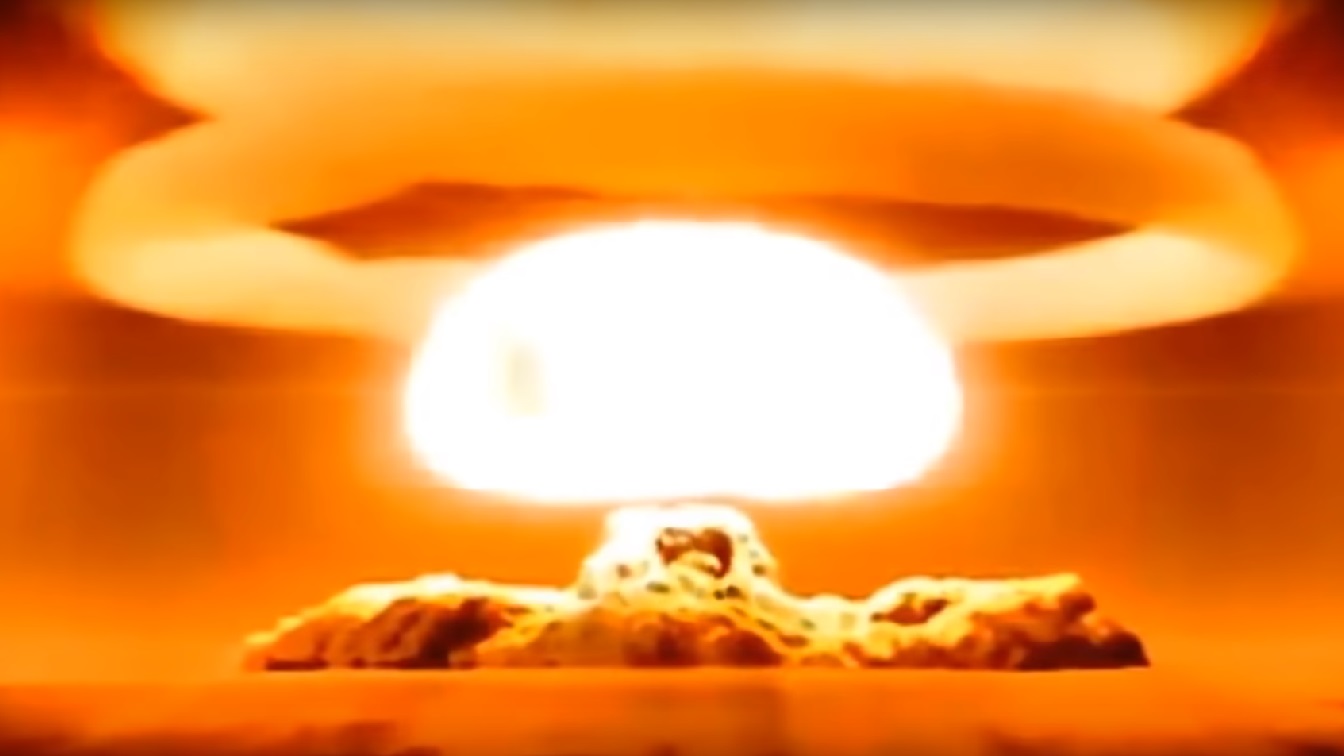Rioters overwhelmed military installations across Pakistan on Tuesday, in violence that broke out after Pakistan Rangers arrested former Prime Minister Imran Khan from his home in Islamabad. The unrest has triggered warnings that a country holding a growing arsenal of over 150 nuclear warheads might descend into civil war.
Khan’s arrest comes amid one of the worst economic periods in Pakistan’s recent history.
How the Story Started
A no-confidence vote in Pakistan’s parliament ousted Khan from office last year, and Khan’s supporters rioted across Pakistan. Khan fell from power after indulging in anti-U.S. and anti-European Union rhetoric. That proved to be a red line for the same army that now is facing off with Khan’s supporters.
“They hailed Imran Khan as the leader of Islamic world and now they want to protect that leader. The same army that brought him to power is now being targeted by his followers. What worries me is the nuclear warheads that are left unsupervised in Pakistan,” Habiba Marhoon, an aide to former Afghan President Ashraf Ghani who witnessed firsthand Pakistan’s subversive role in Afghanistan, told 19Fortyfive.
Riots Across Pakistan
This week’s rioting spread to dozens of cities across the country — from Lahore in the north, to Karachi in the south, and Peshawar in the west.
Social-media posts showed that rioters torched the home of Gen. Faisal Naseer, the head of Pakistan’s infamous Inter-Services Intelligence Agency. The ISI has been the leading pillar of support for the Afghan Taliban and other militant Islamist organizations.
Khan alleged prior to his arrest that Naseer has tried to kill him.
“ISI’s Major-General Faisal Naseer tried to kill me twice,” Khan said Tuesday in a press statement released by his political party, Tehreek-e-Insaf (PTI). “He is also involved in the killing of (TV anchor) Arshad Sharif. He also stripped my party Senator Azam Swati naked and inflicted severe torture on him.”
The violence spread to cities across the country. PTI members organized demonstrations via social media.
“It’s your time, people of Pakistan. Khan has always stood for you, now it’s time to stand for him,” Reuters reported PTI as having said as it announced its “shut down Pakistan campaign.”
Soldiers and security forces found themselves overwhelmed. Rioters stormed the army headquarters in Rawalpindi, the site of the nation’s military academy. They torched the corps commander’s home.
In Lahore, PTI members burned commercial buildings and the personal home of Prime Minister Shahbaz Sharif.
Pakistani government forces fired on rioters in the town of Bannu, a former Taliban stronghold, and in Gujranwala, near Lahore. PTI’s Twitter account claimed that police opened fire on demonstrators in Pakistan’s third-largest city, Faisalabad, killing one person and injuring another.
Twelve people were reported killed in Quetta.
Potential for Total Breakdown
“A political red line was crossed in Pakistan with the arrest of Imran Khan, with thousands of his partisans protesting on the streets in storming government and police offices,” geopolitical expert Walid Phares told 19Fortyfive. “The line crossed is not about officials, including prime ministers, arrested for corruption charges. These are often-witnessed scenes in Pakistan. The red line crossed is about timing, balance of power, and triggers to a major potential breakdown in the country.”
Phares continued: “Khan is a popular leader, has large popular masses behind him and is liked by … establishment crowds. But more important is the possibility that Islamist parties and jihadists take advantage of the social breakdown to shift the balance of power.”
MORE: The F-35 Now Comes in Beast Mode
MORE: Why the U.S. Navy Tried to Sink Their Own Aircraft Carrier
John Rossomando was a senior analyst for Defense Policy and served as Senior Analyst for Counterterrorism at The Investigative Project on Terrorism for eight years. His work has been featured in numerous publications such as The American Thinker, Daily Wire, Red Alert Politics, CNSNews.com, The Daily Caller, Human Events, Newsmax, The American Spectator, TownHall.com, and Crisis Magazine. He also served as senior managing editor of The Bulletin, a 100,000-circulation daily newspaper in Philadelphia, and received the Pennsylvania Associated Press Managing Editors first-place award in 2008 for his reporting.

